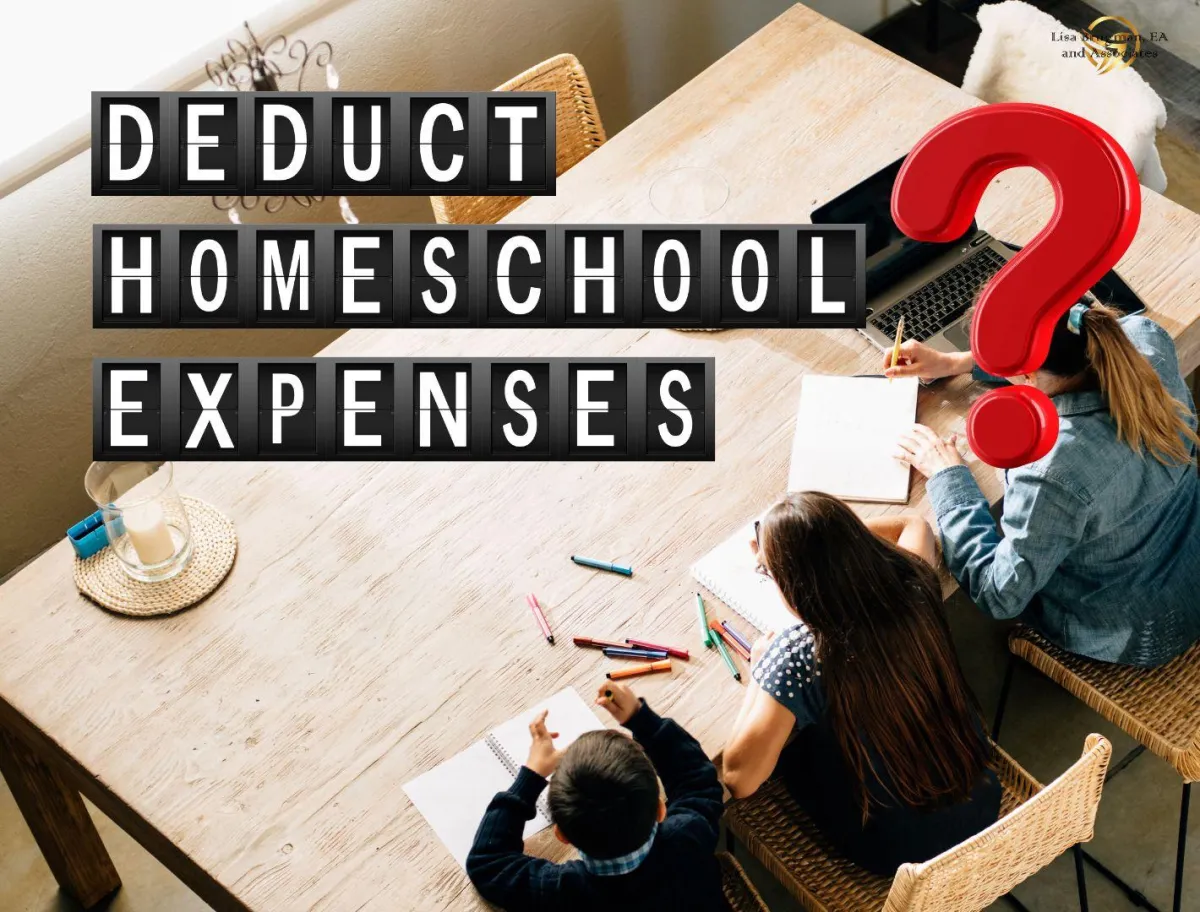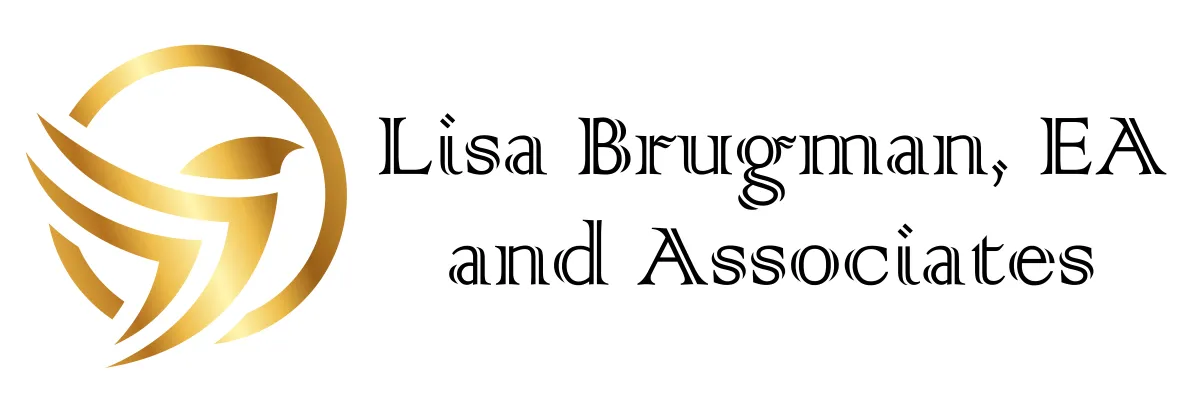BLOG

Update Homeschool Expenses Deductible? 2025 Update
📚 Deduct Homeschool Expenses in 2025?
Navigating Tax Deductions for Homeschooling: What Every Parent Needs to Know
Homeschooling is more than a trend—it’s a lifestyle. Parents love the flexibility, the ability to tailor lessons, and the chance to watch their kids thrive in unique ways. But let’s be honest—it’s not always cheap 💸. Between curriculum, supplies, and the occasional “how-do-I-teach-this?” ballet 🩰 or piano 🎹 lesson, costs can pile up fast.
So the big question is: Can you deduct homeschool expenses on your taxes in 2025? Let’s dig in. 🔍
🏠 Homeschooling Expenses 101
Homeschooling costs can sneak up on families. Common expenses include:
📘 Curriculum and textbooks
🖥️ Educational supplies (science kits, art materials, laptops)
🎶 Specialized classes like music, dance, or coding
🚌 Educational trips or extracurricular activities
Unfortunately, when it comes to the IRS, these fall into the “personal expense” bucket. Translation: no federal tax deduction. 🚫
🧾 Federal Rules: Why the IRS Says “Nope”
Just like parents who pay for private school or extracurriculars, homeschool families can’t deduct tuition or activity costs on their federal return. The IRS is clear: education expenses for your own kids don’t qualify as deductions.
And before you ask—no, you can’t squeeze into the Educator Expense Deduction either. That $300 break is strictly for teachers working at least 900 hours a year in a qualified K–12 school. Homeschool parents? ❌ excluded.
🌟 State Tax Relief: A Little Sunshine
While the federal government holds firm, a few states do offer help. As of 2025, states like Illinois, Indiana, Louisiana, and Minnesota allow credits or deductions for certain homeschooling costs. Rules vary, so always check with your state’s Department of Revenue before filing.
✨ Example:
Minnesota ➡️ deduct certain textbooks and materials.
Indiana ➡️ tax deduction per child for homeschool expenses.
If you’re in Colorado (or most other states), though, you’re still on your own for now. 🏔️
🎓 529 Plans: A Partial Workaround
Here’s a tool worth knowing: 529 Plans (Qualified Tuition Programs). They allow tax-free growth and withdrawals for qualified K–12 tuition at public, private, or religious schools.
But here’s the catch: most states don’t treat homeschooling as a “qualified school.” Meaning you can’t generally use 529 funds to cover homeschool curriculum or supplies. ⚠️
🏛️ Legislative Watch: Could This Change?
Homeschool advocates have been pushing for federal tax breaks for years. There were conversations in Congress as recently as late 2023, but nothing made it into the 2024–2025 tax package. Still, it’s a hot topic 🔥—so keep an eye on future bills.
💡 Creative Ways to Save
Since deductions are limited, here are practical ways to keep costs down:
👩👩👦 Join Local Homeschool Groups – Swap curriculum, share classes, and lean on community.
🌐 Use Free & Low-Cost Online Resources – YouTube, Khan Academy, Duolingo—endless, affordable learning.
🏛️ Check Museums & Libraries – Many offer free or discounted homeschool days and workshops.
🤝 Leverage Scouts, 4-H, and Volunteering – Skill-building and character development, often free.
📚 Buy Second-Hand Materials – Curriculum swaps, used bookstores, and online marketplaces keep costs low.
✅ Bottom Line
As of 2025, you can’t deduct homeschool expenses on your federal return. A handful of states provide credits or deductions, and while 529 plans are great for K–12 tuition, they usually don’t apply to homeschooling.
That said, homeschooling is still a worthy investment in your child’s future 🌟. With smart budgeting, community support, and creative resource-hunting, you can give your kids a top-notch education without draining your wallet.
👉 Pro tip: Keep an eye on state and federal updates. Laws change, and homeschooling families are a growing voice in tax discussions. 📢
Still unsure? Book a call with Lisa Brugman, EA, & Associates.
https://storage.googleapis.com/msgsndr/Y3wru9o2agtnTx66z5uZ/media/650d578315fdd01eb024474b.png
https://storage.googleapis.com/msgsndr/Y3wru9o2agtnTx66z5uZ/media/650d578215fdd056b424474a.jpeg






